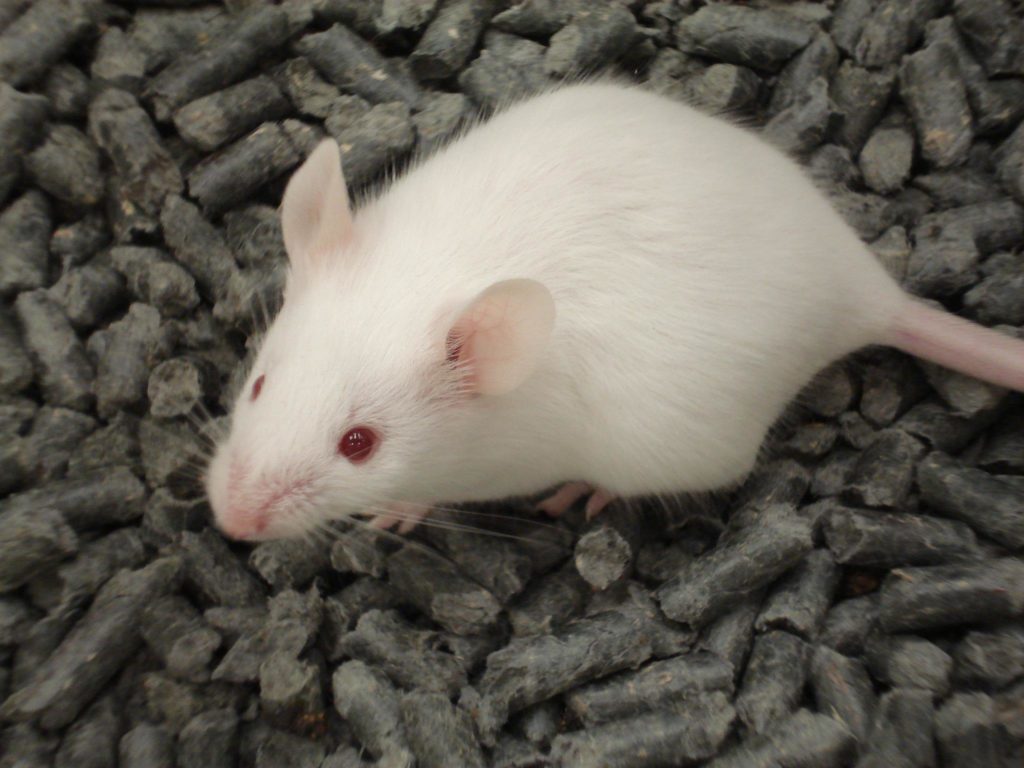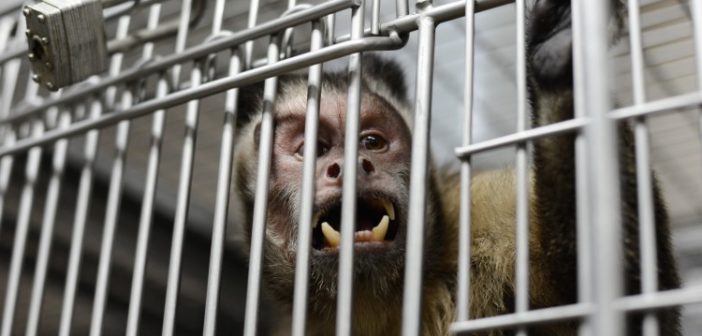This World Week for Animals in Laboratories, world-famous “Project Nim” primatologist Robert Ingersoll has joined four international animal protection organizations to support ethical researchers who are embracing modern methods to accelerate research for COVID-19 vaccines. In a historic move that acknowledges the lengthy and unreliable nature of animal “models” of disease, the National Institutes of Health has begun human clinical trials without waiting for all the results from animal experiments.
As the global health crisis continues, there has never been a greater need for fast-moving and effective research. The unprecedented demand for COVID-19 treatments necessitates an urgent shift towards reliable, human-relevant medical studies for a vaccine, as well as for the prevention of similar pandemics in the future.
Innovative research methods being used to study COVID-19 include three-dimensional reconstructed human respiratory tissue models and biological sampling of infected patients, which provide real hope of combating COVID-19 and inspire better preparation to address future pandemics.
A plethora of ethical and effective research methods are available to study human diseases that do not require animals, such as epidemiology studies, computer-based techniques, human cell and tissue cultures, tissue engineering, organ-on-a-chip microfluidics, and many more.
While many researchers are using non-animal methods, the COVID-19 outbreak has also triggered the approval of millions of dollars in grants to fund animal-based research using primates, ferrets, and mice. Not only will any information from this research not be available for years, but animals are not predictive models of the human response. Fewer than 12% of drugs entering clinical trials result in an approved medicine, despite showing positive results for safety and efficacy in animal experiments. This archaic practice results in wasted lives, both human and animal, as well as squandered money, with the drug development process estimated to cost up to $2.5 billion per treatment.

In 2018, scientists cited hundreds of biomedical studies from journals including Nature, Science, and the Journal of the American Medical Association to show animal modeling is ineffective, misleading to scientists, unable to prevent the development of dangerous drugs, and prone to prevent the development of useful drugs. Legislation still requires animal experimentation prior to human testing even though the pharmaceutical sector has better options that were unavailable when animal modeling was first mandated.
“Using non-human primates, mice or any animals to find a cure for viruses, such as the coronavirus, which won’t be the last one we see, is not only unethical but produces vastly inaccurate results and quite simply takes too long,” urges “Project Nim” primatologist and In Defense of Animals board member, Robert Ingersoll, who is backing the United for Animals in Labs coalition to call for ethical research. “Forward-thinking researchers are moving forward with humane, human-relevant cures for COVID-19 because the world cannot afford to be hampered by the results of bogus and outdated animal experiments. We could have a solution using pioneering research in a matter of months; this is how we will save lives.”
Over 10,000 people from the U.S., U.K., Australia and New Zealand have signed a letter supporting human-relevant research and thanking research institutions pursuing innovative and ethical research. Ethical research institutes include MatTek Life Sciences, Epithelix, Stemonix, Immundnz, Institute for In Vitro Sciences, STEMCELL Technologies, Yumab, and InSphero. You can read and sign the letter here.
This research provides real hope of combating COVID-19 and better prepares us to address future pandemics. Signatures will be collected until the end of Friday, May 1st.
Featured image: a capuchin rescued from medical research arrives at the Jungle Friends sanctuary. Image credit Jo-Anne McArthur / NEAVS.





